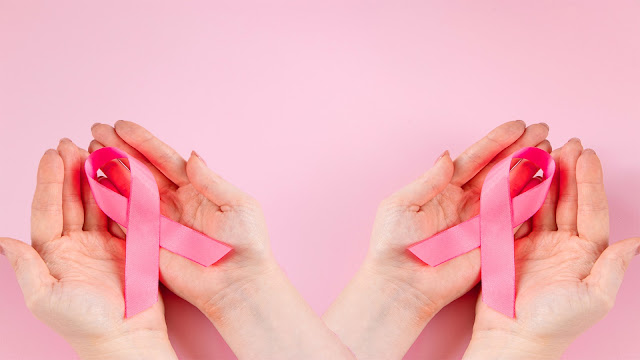A Comprehensive Guide to Breast Cancer Prevention: Empowering Your Health
Breast cancer is a pervasive and life-altering disease that affects millions of individuals worldwide. While there are no foolproof guarantees against developing breast cancer, there are numerous proactive steps individuals can take to reduce their risk. In this article, we will delve into a comprehensive guide on ways to prevent breast cancer, empowering you with the knowledge and tools to prioritize your health.
1. Maintain a Healthy Lifestyle
A healthy lifestyle is a cornerstone of breast cancer prevention. Regular exercise, a balanced diet, and maintaining a healthy weight can significantly reduce your risk. Aim for at least 150 minutes of moderate-intensity exercise each week and incorporate a variety of fruits, vegetables, lean proteins, and whole grains into your diet. Limit your intake of processed foods, sugary beverages, and excessive red meat.
2. Limit Alcohol Consumption
Excessive alcohol consumption has been linked to an increased risk of breast cancer. To minimize this risk, it's advisable to limit alcohol intake or abstain altogether. If you do drink alcohol, ensure it's in moderation, with no more than one drink per day.
3. Don't Smoke
Smoking is a well-known risk factor for several types of cancer, including breast cancer. If you smoke, seek support to quit immediately. Avoiding exposure to secondhand smoke is also crucial.
4. Breastfeeding
For mothers, breastfeeding can offer protective benefits against breast cancer. It is believed that breastfeeding can help reduce the risk by altering hormone levels and delaying menstruation, which may have a protective effect on breast tissue. Aim to breastfeed for as long as possible to reap these benefits.
5. Hormone Replacement Therapy (HRT)
Women undergoing hormone replacement therapy to manage menopausal symptoms should be aware that long-term use of combined estrogen and progesterone HRT has been associated with an increased risk of breast cancer. If you are considering HRT, discuss the potential risks and benefits with your healthcare provider, and explore alternative treatments when possible.
6. Early Detection: Mammograms and Clinical Exams
Early detection is key to successful breast cancer treatment. Women aged 40 and older should undergo regular mammograms, typically annually or as recommended by their healthcare provider. In addition to mammograms, performing regular breast self-exams and scheduling clinical breast exams can help detect any abnormalities or changes in breast tissue.
7. Genetic Counseling and Testing
If you have a family history of breast cancer or carry a known genetic mutation such as BRCA1 or BRCA2, consider genetic counseling and testing. This information can help you make informed decisions about your healthcare, including potential risk-reduction strategies and surveillance.
8. Maintain a Healthy Environment
Avoiding exposure to environmental toxins and radiation is essential for breast cancer prevention. Limit your exposure to harmful chemicals, such as pesticides and industrial pollutants, and be mindful of potential radiation sources like X-rays and CT scans.
9. Stay Informed and Educated
Continuously educate yourself about breast cancer risk factors, prevention strategies, and advancements in early detection and treatment. Being informed empowers you to make healthier choices and advocate for your own health.
Breast cancer prevention involves a multifaceted approach that encompasses lifestyle choices, early detection, and risk management. While there are no guarantees, following these guidelines can significantly reduce your risk of developing breast cancer. Remember to consult with your healthcare provider for personalized guidance and to address any concerns specific to your health. By taking proactive steps, you can prioritize your well-being and reduce your risk of breast cancer, contributing to a healthier, happier life.

